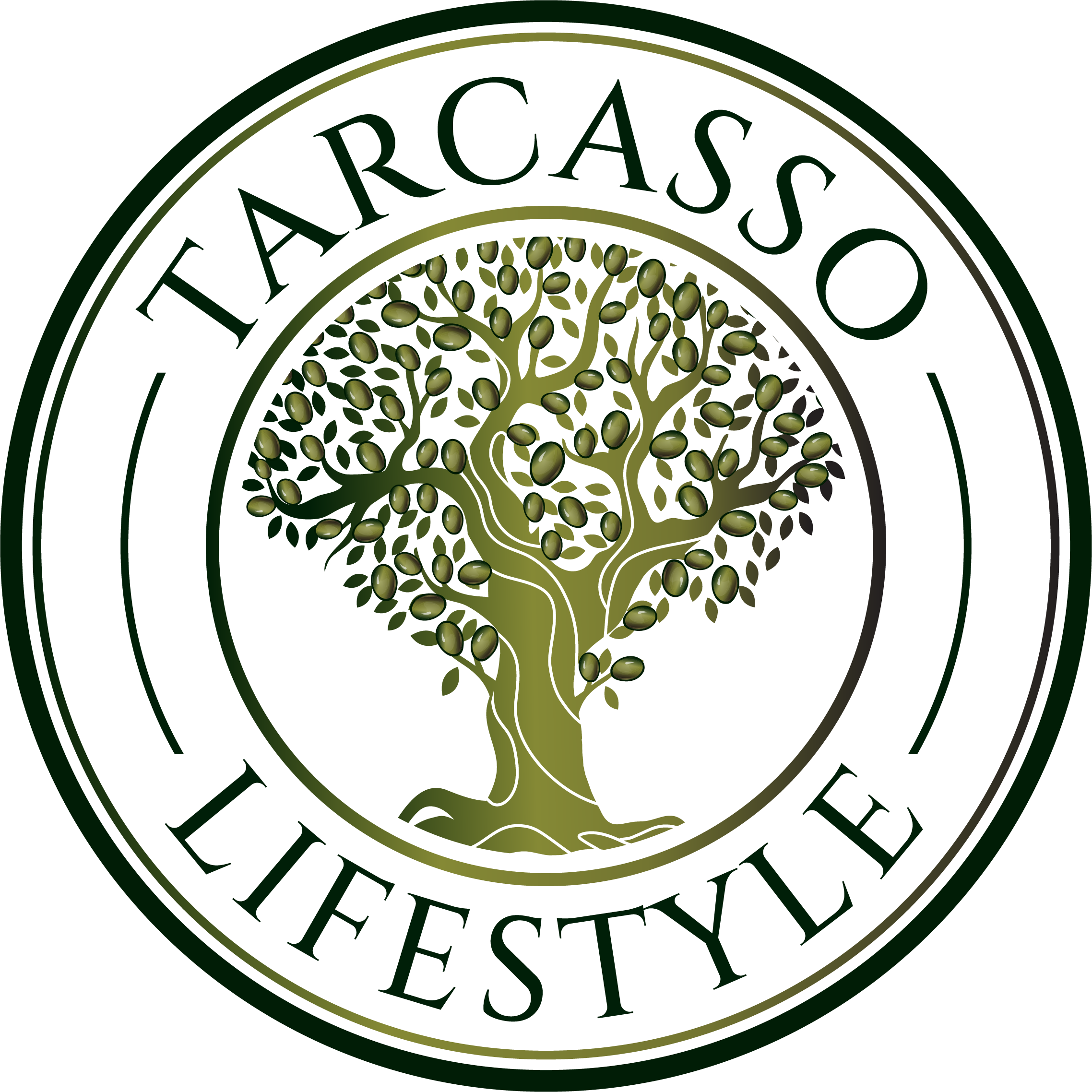As the quest for healthy aging and prolonged vitality intensifies, fermented foods have reemerged as a cornerstone in nutrition science. Among them, unpasteurized sauerkraut juice stands out for its concentrated dose of live probiotics, vitamins, and unique bioactive compounds. This article explores its health benefits and discusses how integrating this traditional elixir into modern longevity strategies can support healthier, longer living.
What Makes Unpasteurized Sauerkraut Juice Special?
Unpasteurized sauerkraut juice is obtained from fermented cabbage that has not undergone heat treatment. This distinction preserves its abundant live microorganisms, enzymes, and valuable nutrients, setting it apart from pasteurized alternatives.
Key Components
- Probiotics: Lactic acid bacteria including Lactobacillus and Leuconostoc species, crucial for gut ecology.
- Vitamins: Especially vitamin C, K, some B vitamins, and traces of rare vitamin B12.
- Minerals: Potassium, magnesium, calcium, and iron.
- Bioactive Compounds: Antioxidants, phytochemicals, and acetylcholine—supporting gut, metabolic, and neurological health.
Direct Health Benefits
1. Optimized Gut Health
- Restores and diversifies gut microbiome with live probiotics.
- May relieve constipation and improve digestive comfort, thanks to both beneficial bacteria and natural acids.
- Can support post-antibiotic recovery by rebalancing the intestinal ecosystem.
2. Strengthened Immune Function
- The gut is home to roughly 80% of immune cells; a thriving microbiome educates and supports the immune system.
- Antioxidants and vitamin C in the juice help neutralize harmful free radicals and lower oxidative stress, further boosting immune resilience.
3. Enhanced Nutrient Status
- Rich in vitamin K (critical for healthy bones and blood clotting).
- Contains magnesium and potassium for cardiovascular support and muscle function.
- Fermentation makes minerals more bioavailable, improving nutrient absorption.
4. Metabolic and Anti-inflammatory Effects
- Antioxidants and phytochemicals in sauerkraut juice have anti-inflammatory potential, possibly lowering risks associated with chronic diseases of aging, such as type 2 diabetes and cardiovascular illness.
- Some studies suggest improved metabolic markers and lipid profiles with regular fermented food intake.
Unpasteurized vs. Pasteurized: Why It Matters
| Feature | Unpasteurized Sauerkraut Juice | Pasteurized Sauerkraut Juice |
|---|---|---|
| Live probiotics | Yes | No |
| Enzymatic activity | Preserved | Destroyed |
| Antimicrobial/immune benefits | Strong | Reduced |
| Gut health support | Robust | Limited |
| Shelf life | Short, must be refrigerated | Long, shelf-stable |
Longevity Insights: Integrating Sauerkraut Juice
Gut-Longevity Connection
A diverse, robust gut microbiome is increasingly linked with healthy aging. Aging is often marked by a loss of microbial diversity, which can accelerate inflammation (“inflammaging”), metabolic dysfunction, and weakened immune defenses. The probiotics and prebiotic fibers in unpasteurized sauerkraut juice may help:
- Support a balanced microbiome, mitigating age-related gut decline.
- Lower systemic inflammation, a driving factor in many chronic diseases of aging.
Cellular Health and Oxidative Stress
Regular consumption provides a steady influx of antioxidants and anti-inflammatory molecules. These can help reduce chronic oxidative damage linked to accelerated cellular aging, supporting tissue regeneration, cognitive function, and overall vitality.
Personalized Longevity Strategy
Incorporating 50–100ml of unpasteurized sauerkraut juice daily, as part of a Mediterranean-style or plant-forward diet, can be a simple, evidence-based addition to a holistic longevity regimen. This may:
- Enhance resilience to stressors.
- Facilitate optimal digestion and immune surveillance.
- Slow biological wear-and-tear, potentially extending healthspan.
Important Considerations
- Sodium Content: Individuals with salt sensitivity, hypertension, or certain kidney conditions should monitor intake due to the naturally high salt levels.
- Quality & Safety: Always opt for juice labeled “raw,” “unpasteurized,” or “with live cultures,” found in refrigerated sections.
- Start Slow: New users may wish to begin with small amounts to allow the gut to adjust to increased probiotics.
Conclusion
Few foods offer a greater synergy of ancient wisdom and modern science than unpasteurized sauerkraut juice. Its ability to restore gut health, strengthen immunity, provide key nutrients, and possibly curtail age-related inflammation makes it a smart addition to any longevity-focused lifestyle. As with all interventions, moderation and individualization are key—consult your healthcare provider to ensure this probiotic powerhouse suits your unique needs.





